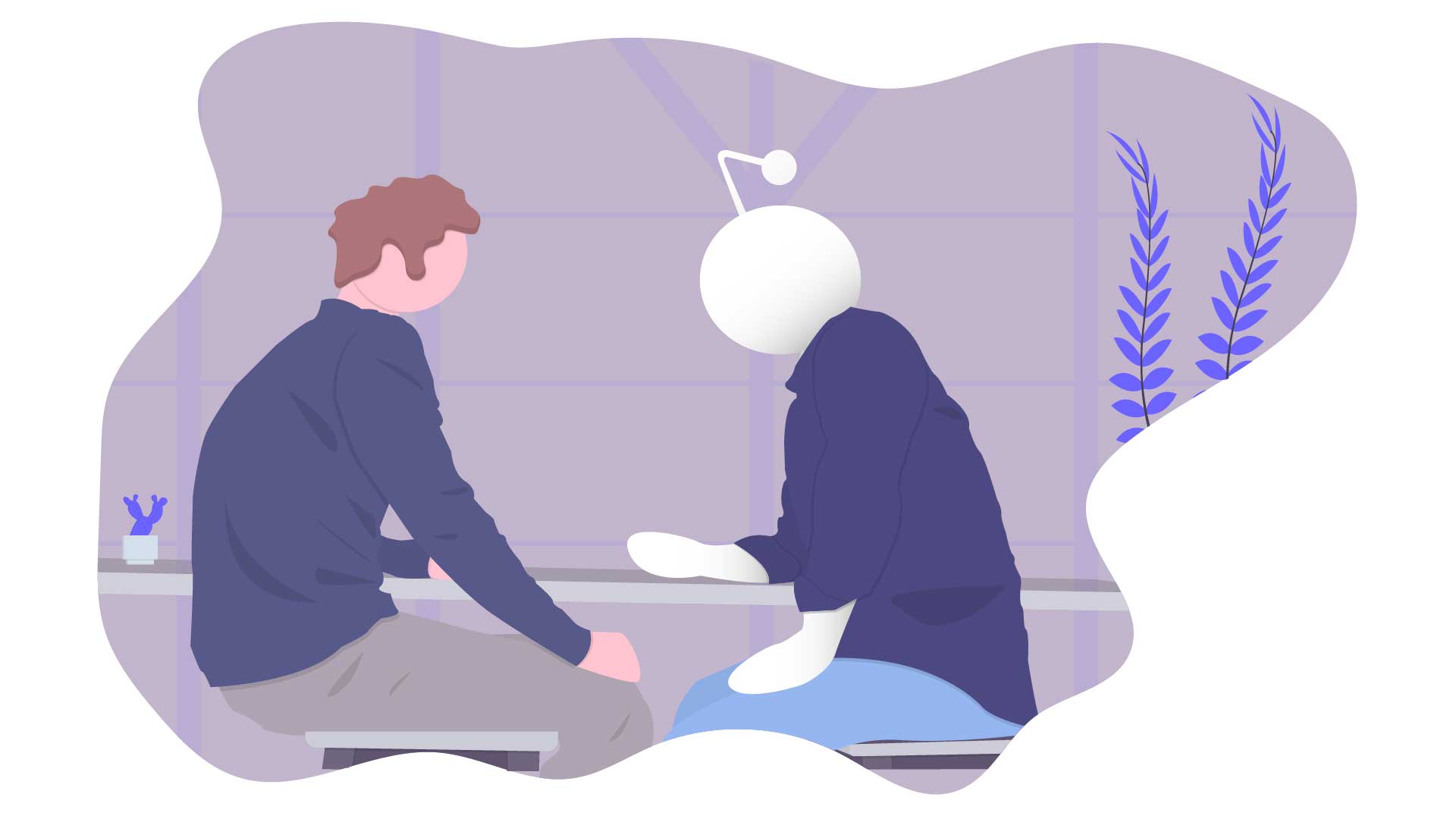A new study published in Journal of Social and Personal Relationships found that the majority of Reddit users seeking relationship advice on the website are men. Findings suggest that the greater willingness of men to ask for help and discuss topics like 'heartache' might be because gender norms and stereotypes are relaxed in online environments.
The number of people seeking relationship advice from online communities has grown substantially in recent years. Research suggests that strangers on online forums present a real alternative to “relationship experts” for many reasons – accessibility, affordability, and most of all, anonymity. In online spaces, people may also feel more comfortable asking for advice on “highly intimate or stigmatized topics” that are hard to share with real-life acquaintances.
“Often compared favorably to traditional sources of support, online spaces provide help-seekers with insights from ever-growing numbers of diverse individuals, with the added benefit of anonymity “
In a new study, researchers analyzed submissions on a popular relationship forum – the subreddit r/relationships across a period of 12 years (N=521,536). This large-scale study of online help-seeking has uncovered some interesting trends regarding the demography of help-seekers, and the types of relationship problems discussed.
Demographics
The bulk of research done on relationship advice-seeking has looked at the phenomenon in professional settings (like couples therapy). In such settings, women are more likely to seek help with relationship problems. However, 54.62% of the people who asked for advice on r/relationships were men.
“One striking pattern in gender distributions is that contrary to what is commonly found in professional settings, more men solicited relationship help through r/relationships than women.”
The average age of a help-seeker in the professional ‘in-person’ context is 38-41 years. However, the average help-seeker on r/relationships is 24 years old. Overall, the findings suggest that a sizable proportion of men prefer asking for help from strangers on online forums, than professionals. Researchers think this preference owes to the stigma attached to help-seeking behavior in men.
“Anonymous, convenient, and broadly accessible nature of the online help-seeking space enables those who are traditionally under-represented or less likely to seek help (e.g., young men) by overcoming barriers related to stigma or resource availability.”
Researchers however note the possibility that the demographics of help-seekers may be a reflection of the demographics of reddit users, the majority of whom are young men.
Topics Discussed
To identify the major themes in problems discussed, researchers used a text analysis technique called Meaning Extraction Method (“MEM is a topic modelling technique that extracts psychologically meaningful themes from natural language”). The study found that the majority of submissions (>50%) were “made by users who were motivated to seek help not for a single relationship problem, but rather, larger constellations of problems.”
The most common motivator for submission was communication problems with a (previous, current, or future) partner, and the most common theme was ‘heartache’. There was also some notable gender differences in the topics discussed. Themes like heartache, dating, partying, personal qualities, and language were more popular with men, while themes related to finances, abuse, distance, and housework were more popular with women.
According to the researchers, the fact that men on r/relationships are more likely to discuss heartache than women, suggests that men are at least just as likely as women to experience distress due to relationship problems. They also seem uninhibited to express their distress in an online setting; perhaps more so than in an in-person setting.
“The anonymous online platform appears to provide a space where gender norms and stereotypes are relaxed, particularly those that carry strong stigma (e.g., expression of emotional distress by men).”
The study also found a possible gender difference regarding the stage of relationship when help was sought. Women were more likely to seek help when the relationship problem was at a more severe stage compared to men. Men were more likely to seek help at an earlier, less severe stage of the problem.
“Indeed, gender differences in the themes discussed do seem to suggest that men may in fact be seeking support for relatively more casual, early-stage relationship problems compared to women.”
Read more about the study by Charlotte Entwistle, Andrea Horn, Tabea Meier, and Ryan Boyd here.








